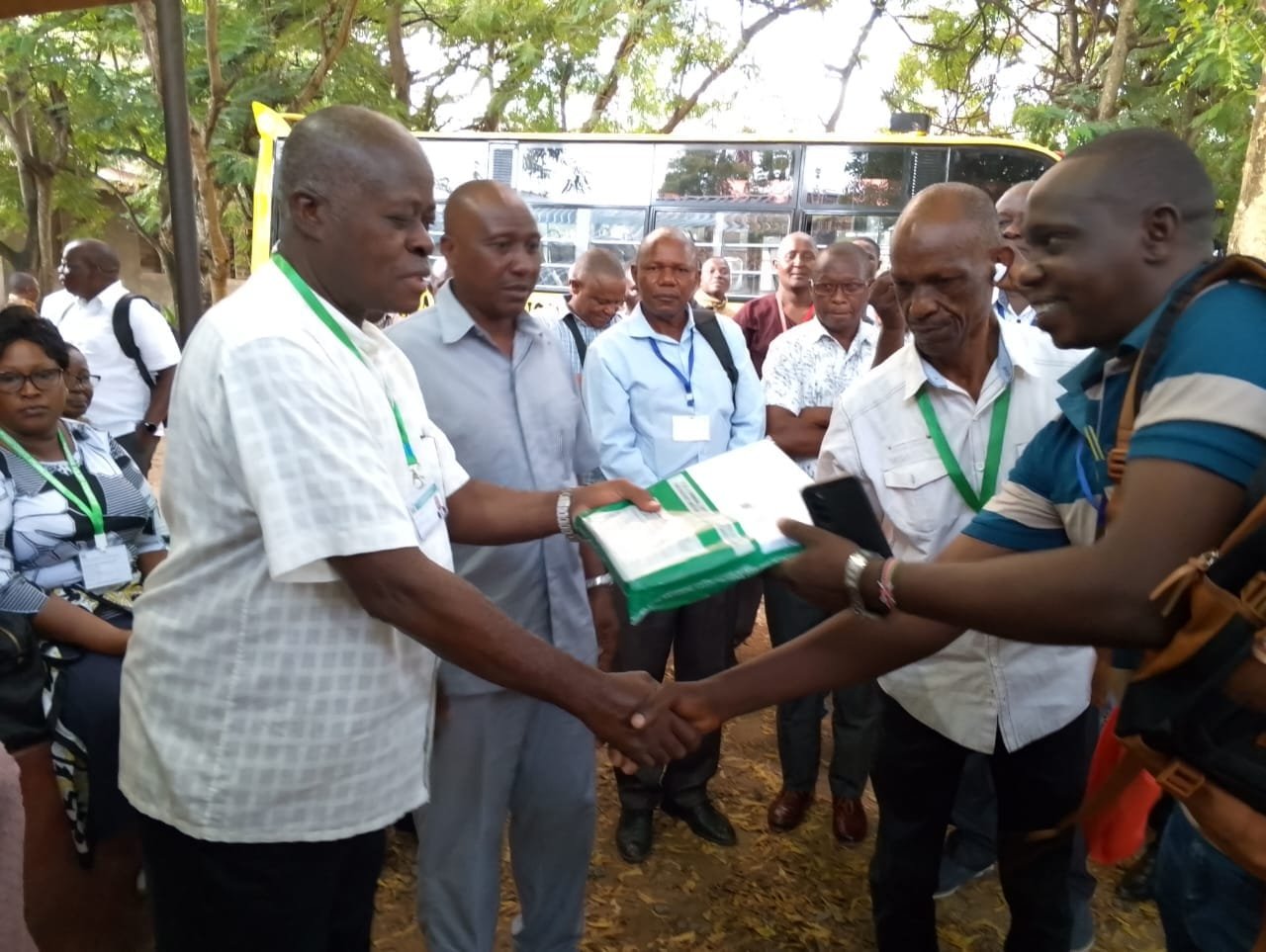KPSEA 2024 Scandal: 23 Students at Silver Bells Academy Take Fake Exams – What This Means for Kenya’s Education System


Recent news from Uasin Gishu has revealed that 23 Grade 6 students from Silver Bells Academy unknowingly sat for fake KPSEA exams. The incident, resulting in the arrest of two academy directors, brings to light critical concerns over academic integrity and student welfare within the Competency-Based Curriculum (CBC).
What Happened?
As these students completed what they believed to be their official KPSEA exams, it emerged that the exam papers were not legitimate. This revelation casts a shadow on the education process for these children and potentially disrupts their progression under Kenya’s CBC.
Impact on Students and Families
For these students, the consequences are immediate and uncertain. Sitting for fake exams has not only affected their current academic standing but could also shake their confidence. Parents and families, who trust educational institutions to provide a secure, authentic learning environment, now face additional stress and uncertainty about their children’s future.
Legal and Ethical Implications
The arrest of Silver Bells Academy’s directors signals serious consequences for institutions involved in fraudulent practices. Legal action and further investigations are expected to determine how this situation arose and to prevent similar cases in the future.
What Needs to Change?
This case highlights the urgent need for tighter regulations and better oversight of exam administration in private schools. The Kenya National Examinations Council (KNEC) and other regulatory bodies must ensure that strict measures are in place to authenticate exam materials, minimizing the risk of such incidents.
Conclusion
This incident underscores the importance of transparency, accountability, and security in Kenya’s education system, particularly as the CBC continues to evolve. It’s essential to protect students’ learning experiences and maintain public trust in the education process. As Kenya moves forward, this situation serves as a reminder of the responsibility that all educational institutions bear




